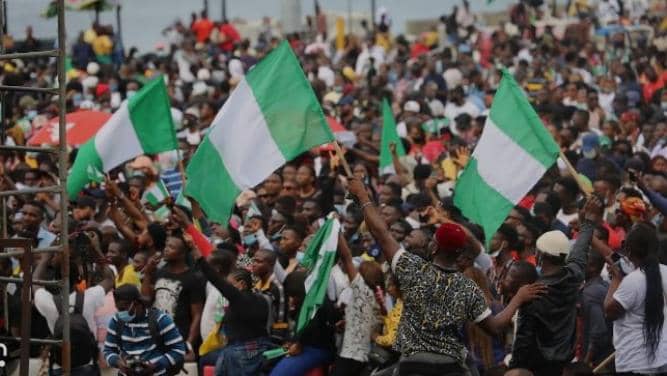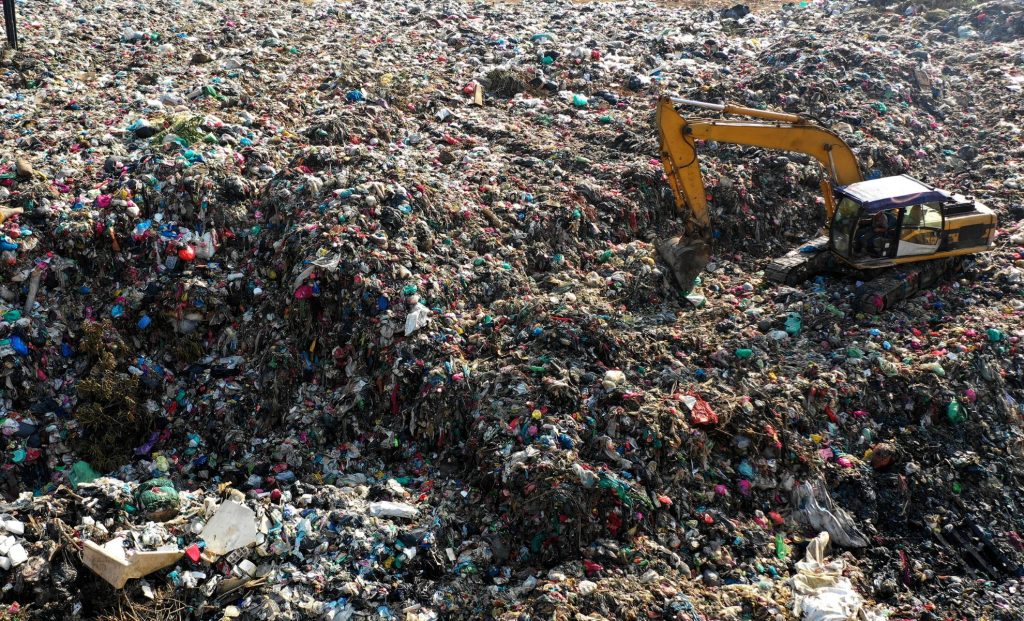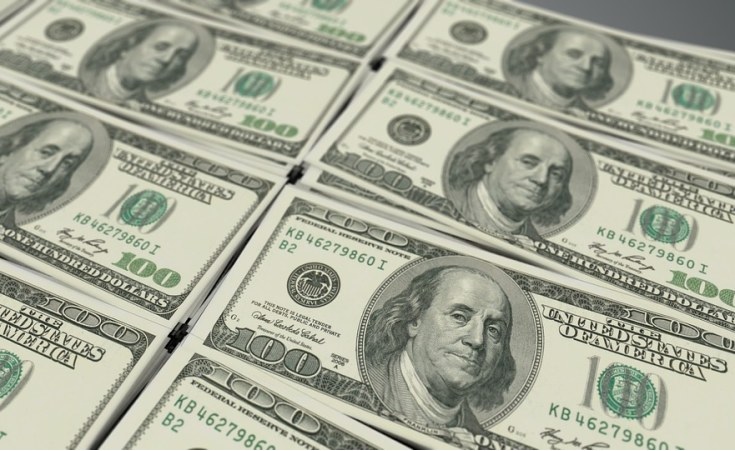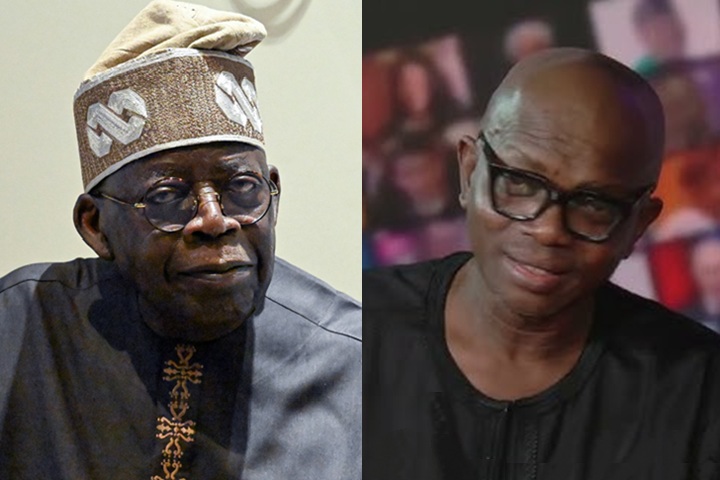News
Trump’s travel ban takes effect: 12 countries face entry restrictions

Donald Trump’s newly enacted travel ban, targeting citizens from a dozen countries, primarily in Africa and the Middle East, went into effect at 12 a.m. ET on Monday, June 9, 2025.
This marks over eight years since his initial travel ban in 2017, which triggered mass confusion, public outcry, and extended legal disputes.
The new presidential proclamation, signed last week, imposes full entry restrictions on citizens from Afghanistan, Myanmar, Chad, Republic of the Congo.
Others include Equatorial Guinea, Eritrea, Haiti, Iran, Libya, Somalia, Sudan, and Yemen.
In addition, citizens from Burundi, Cuba, Laos, Sierra Leone, Togo, Turkmenistan, and Venezuela face partial restrictions.
Unlike the 2017 ban, which was widely condemned as a “Muslim ban” due to its focus on seven predominantly Muslim countries, the current version is broader in scope.
Legal analysts believe this new ban is more likely to withstand legal scrutiny because it includes a wider range of nations and is framed using different legal justifications.
This latest ban has not provoked the same level of public outrage and protests as the original.
On Monday, it received relatively limited attention, overshadowed by other immigration-related controversies.
For instance, Los Angeles witnessed major demonstrations against Trump’s immigration enforcement policies.
These were followed by Trump’s decision to deploy the National Guard to the city, despite opposition from California’s governor.
One of the more controversial aspects of the ban is the inclusion of Haiti, a predominantly Christian nation.
During his campaign, Trump repeatedly disparaged Haitian immigrants, even spreading the unfounded claim that Haitian arrivals in Ohio were responsible for harming pets.
Critics argue that the inclusion of Haiti in this list is politically motivated and rooted in prejudice.
Venezuelan citizens are also affected by the new restrictions.
Recently, the Trump administration faced backlash over deporting Venezuelans in the U.S. to a notorious detention facility in El Salvador, triggering a major legal fight.
The new policy increases scrutiny on Venezuelan travelers and is seen as part of a broader crackdown by the White House on migrants from Latin America.
The ban is also expected to disproportionately affect African nations.
Citizens from several African countries expressed concern about losing access to educational, professional, and networking opportunities in the United States.
Mikhail Nyamweya, warned that these restrictions could lead to a “pattern of exclusion” and reinforce the global perception of Africans as outsiders.
Nyamweya is a political and foreign affairs analyst.
Abby Maxman, president of the international relief organization Oxfam America, criticized the policy.
He stated it was not rooted in national security but aimed at deepening divisions and scapegoating communities seeking refuge and opportunity in the U.S.
Though five of the countries listed—Republic of the Congo, Myanmar, Eritrea, Equatorial Guinea, and Haiti—are not majority-Muslim, the policy is believed to still overwhelmingly target nations from the developing world.
This is especially nations mostly inhabited by non-white populations.
This has fueled accusations that the ban is fundamentally racist and shaped by xenophobia and bigotry.
Trump’s original travel ban in 2017 was seen as a direct execution of his campaign promise to implement a “total and complete shutdown of Muslims entering the United States.”
Over time, that list was expanded to include non-Muslim countries, but the original intent remained controversial.
Under the new policy, visas already issued to individuals from affected countries will remain valid.
However, going forward, applicants must meet strict exemption criteria; otherwise, their applications will be denied starting Monday.
Those with previously issued visas are still permitted to enter the U.S.
In a video released Wednesday on social media, Trump defended the travel ban, claiming that nationals from the listed countries pose risks related to terrorism, public safety, and visa overstays.
He cited deficiencies in vetting and screening processes and noted that some governments have refused to accept the return of their deported nationals.
He also referenced a recent attack in Boulder, Colorado, where a dozen people were injured.
Trump used this incident to justify the policy, highlighting that the alleged attacker had overstayed a tourist visa.
However, the suspect in that case is from Egypt, a country not included in the new travel restrictions, raising questions about the relevance of that example to the policy.
In summary, the new travel ban has been rolled out with less public commotion than its predecessor.
On the other hand, it remains highly controversial due to its broad scope.
Its focus is supposedly on non-white and developing nations, and the motivations behind its implementation.
For Diaspora Digital Media Updates click on Whatsapp, or Telegram. For eyewitness accounts/ reports/ articles, write to: citizenreports@diasporadigitalmedia.com. Follow us on X (Fomerly Twitter) or Facebook













